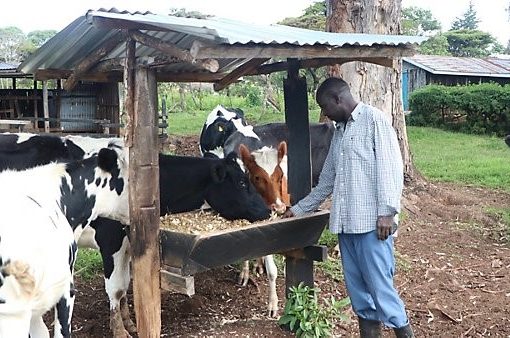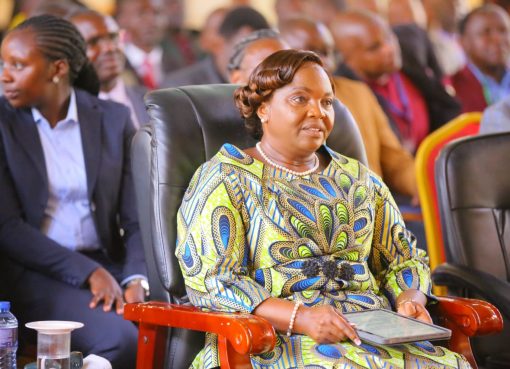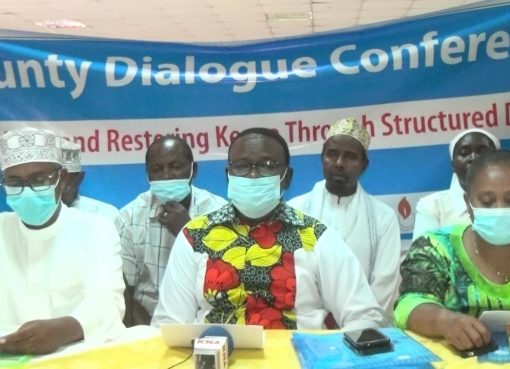The Ministry of Environment and Forestry has developed three key policy documents to aide in waste management in the country.
The Waste Bill, Waste Policy and E-waste Strategy aim at providing a legal framework and adequate infrastructure to manage waste which presently remains a big challenge.

By Chris Mahandara
Environment and Forestry Cabinet Secretary (CS) Keriako Tobiko said the government targets to promote scientific separation of waste to discourage the current method of depositing all waste at dumpsites.
This, he said shall promote safe waste disposal in the country and at the same time create job opportunities along the chain.
Over 20 million tonnes of waste, he said is generated in the country daily with majority of Kenyans throwing it away as soon as it is produced.
About 50 per cent of the generated waste, he said was compostable and could be used to fertilize soils to boost food production but regretted it ends up mixed and dumped without care.
“Much of the waste is never recovered or recycled. This has made us lose valuable opportunities including jobs for our people,” he said.
In a speech read on his behalf by Augustine Kenduiwo, the Deputy Director in charge of Climate Change at the ministry during a public participation meeting on the three documents in Kisumu on Thursday, the CS said Kenya lacked adequate infrastructure to manage waste adding that the initiative targets to bridge the gap.
The Environmental Management Strategy (EMCA) Cap 387 and the Waste Management Regulations 2006 have proved beneficial in curbing waste menace in the country.
The existing legislation on waste management however, he said continues to experience some bottlenecks making it important to develop the three instruments.
He pointed out inadequate guidance on devolved county waste management, emerging waste regimes not legislated and inadequate legislation to ensure financial sustainability as some of the bottlenecks.
Through the public participation exercise which is being conducted across the country, the ministry, he said seeks to collect views from the public on the three documents before they are finalized.
The bill, policy and strategy are expected to be finalized and presented to the National Assembly for approval before the end of the financial year.
By Chris Mahandara.





